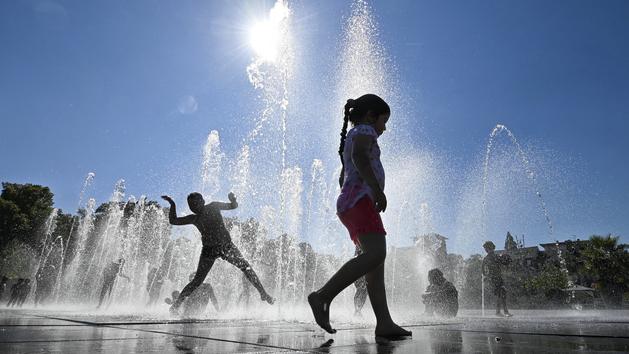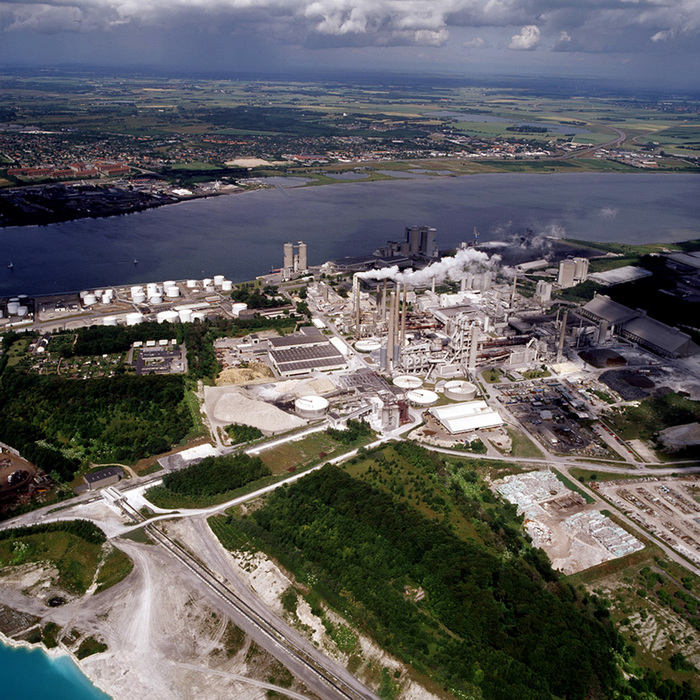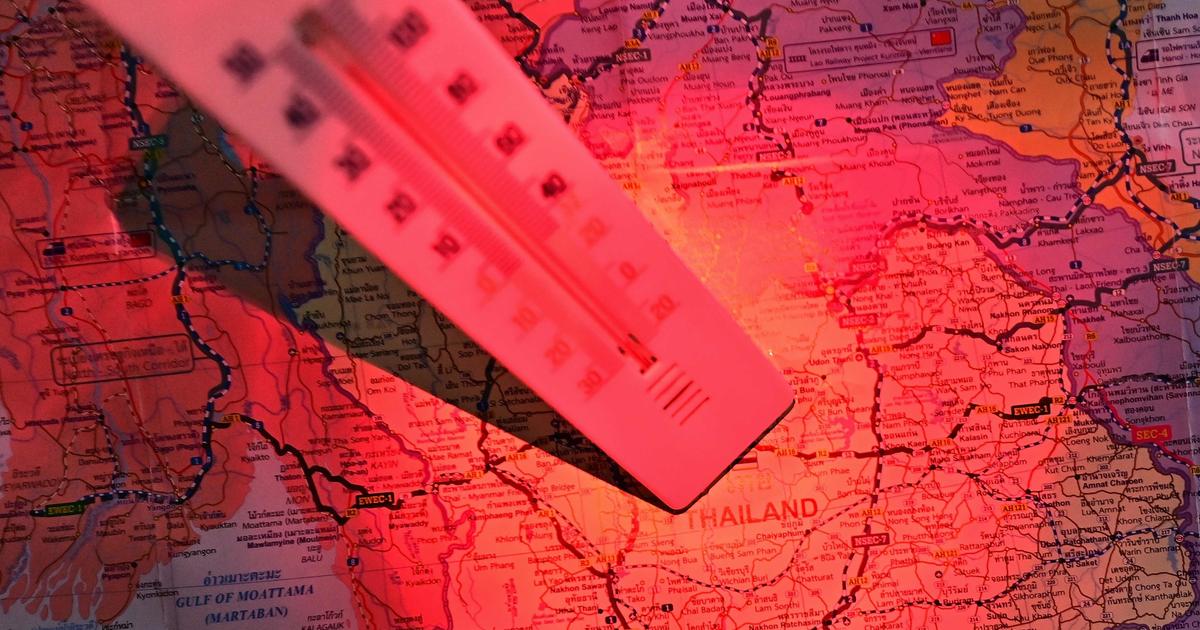Once again, France is suffocating. 39 ° C in Paris, 37 ° C in Nancy, 38 ° C in Lille, 40 ° C in Nantes ... The cities have recorded new temperature records in recent days and 15 departments have been placed on red “heat wave” vigilance Saturday August 8.
And this is reminiscent of the summers of 2003, 2006, 2010 or 2019 during which the mercury remained above 35 ° C for several days. The summer periods with scorching colors seem to become more and more recurrent in France.
Ever hotter summers
Since 1947, 40 heat waves have hit France, half of them after the 2000s, according to Météo France. Apart from that of 2014, every summer since 2010 has crossed the 40 ° C mark at least once. A situation, described as " inevitable ", that scientists scrutinize with precision in order to watch over our ecosystem.
Of the 40 heat waves recorded since 1947, half took place in the last decade Météo France
" Heat waves are more and more frequent and intense ", analyzes Françoise Vimeux, climatologist at the Institute for Research for Development (IRD). " We must expect that they will become more recurrent, longer, earlier and later ", continues the researcher. It takes as an example the few days of heatwave in June 2019. Between June 25 and 30, the 40 ° C was largely exceeded on the shores of the Mediterranean. Météo France stations recorded 45.9 ° C in Gallargues-le-Montueux (Gard), 44.4 ° C in Prades-le-Lez (Hérault). The north and west of the country were not left out. The air was difficult to breathe in Saumur (Maine-et-Loire) with 42 ° C, in Paris (36.5 ° C) or even in Lille (33 ° C).
Read also: The heatwaves of summer 2019 killed less than 1,500
France is not the only country affected. Spain, Italy and the United Kingdom are also subject to temperatures above normal for the season. Europe is not the only victim, the Nordic countries are also suffering from the rise in mercury. On May 22, 2020, it was over 20 ° C in Khatanga, a town of 3,000 inhabitants in Siberia, more used to negative temperatures. A first for this region which recorded a very mild spring 2020, with peaks more than ten degrees above normal for the season.
For Christophe Cassou, climatologist at the European Center for Research and Advanced Training in Scientific Computing (CERFACS), the peaks are not the most alarming, the duration of the heat wave is much more. “ It is very likely that the summer of 2020 will rise on the podium of the least icy years in the Arctic,” he warned at the end of June on Twitter, scrutinizing the melting arctic ice.
Read also: The recent heatwave in Siberia would have been "almost impossible" without climate change
Read also: The Arctic, the first victim of the heat records recorded in May
Global warming, accelerator of heat waves
How to explain this heat wave which sits on France for a week? For Gaëtan Heymes, forecaster at Météo France, this scorching episode is not due to a surge of sub-Saharan air but to the horizontal displacement of a hot mass evolving a bit like a pressure cooker.
Are these temperatures the symbol of global warming which alarms the planet? “ Not the symbol but the consequence ”, answers firmly Hervé Le Treut, member of the Academy of Sciences and director of the Pierre-Simon-Laplace Institute. The general rise in temperatures is not foreign to the scientist. These scorching episodes are one of them. Françoise Vimeux adds that " the probability that the warming in Siberia did not occur at the beginning of the 20th century is 600 times lower than now ".
Global warming is therefore an accelerator of heat waves. " The current peaks would have taken place but they would have been less intense, " says the Marseille researcher. “ But they are currently affecting the whole country, even the north and west of the country. "
" No place on earth is spared "
The south of France is no longer the only one affected by the heatwave alerts launched by Météo France. On Saturday August 8, the departments of Seine-et-Marne, Somme, Nord, Aisne, Oise and Pas-de-Calais (Hauts-de-France) are in red vigilance.
The sea, cities, mountains, all natural environments are affected by the rise in temperatures, as was the case on August 6, 2020 on the Italian side of the Mont-Blanc massif. A 500,000 cubic meter heavy part of rock from the Planpincieux glacier threatened to collapse on the village below. The residents have been evacuated and the situation is being carefully monitored by the local authorities. Already known for its fragility due to the numerous crevasses and its steep slope, the glacier has been monitored since 2003 but this is the first time that the collapse alert has been given.
Read also: Global warming worsens forest fires
“ No place on earth is spared ”. For Pascal Yiou, researcher at the Laboratory of Climate and Environmental Sciences (LSCE), “ the situation on Mont-Blanc is completely linked to global warming. There is less snow, the winter seasons are shorter ”.
Glaciers are risk areas but so are sea areas. “ The rising waters are something that cannot be avoided. In the slightest storm, the waves will be much higher and more destructive, ”he warns.
Read also: Global warming: four alarming consequences for the planet
With the collapses, floods, fires, nature suffers the full brunt of global warming and temperature changes, but "natural environments are not the only ones concerned", explains Pascal Yiou. "When they don't come down at night, the hot weather is also a deadly problem for humans."















